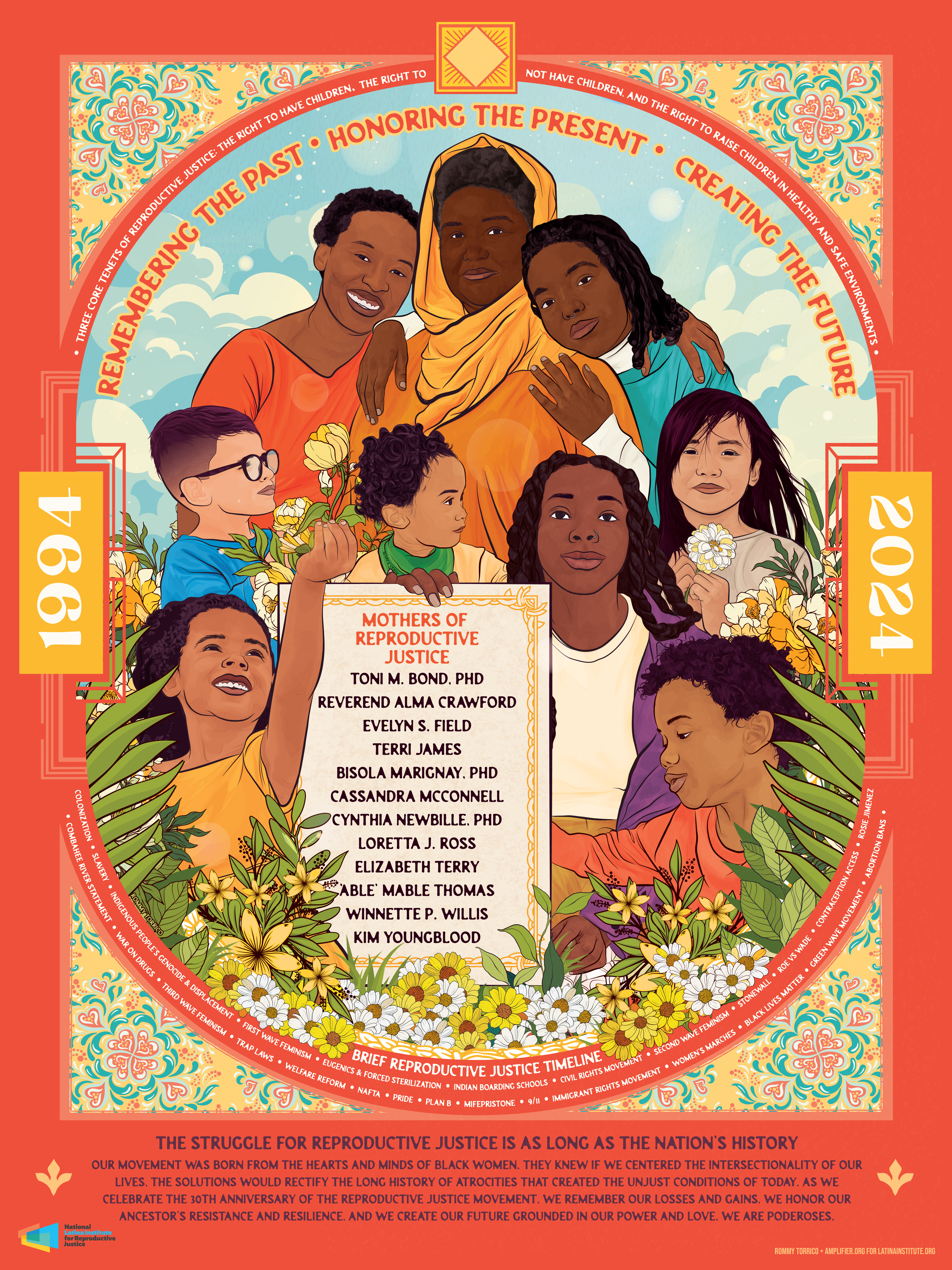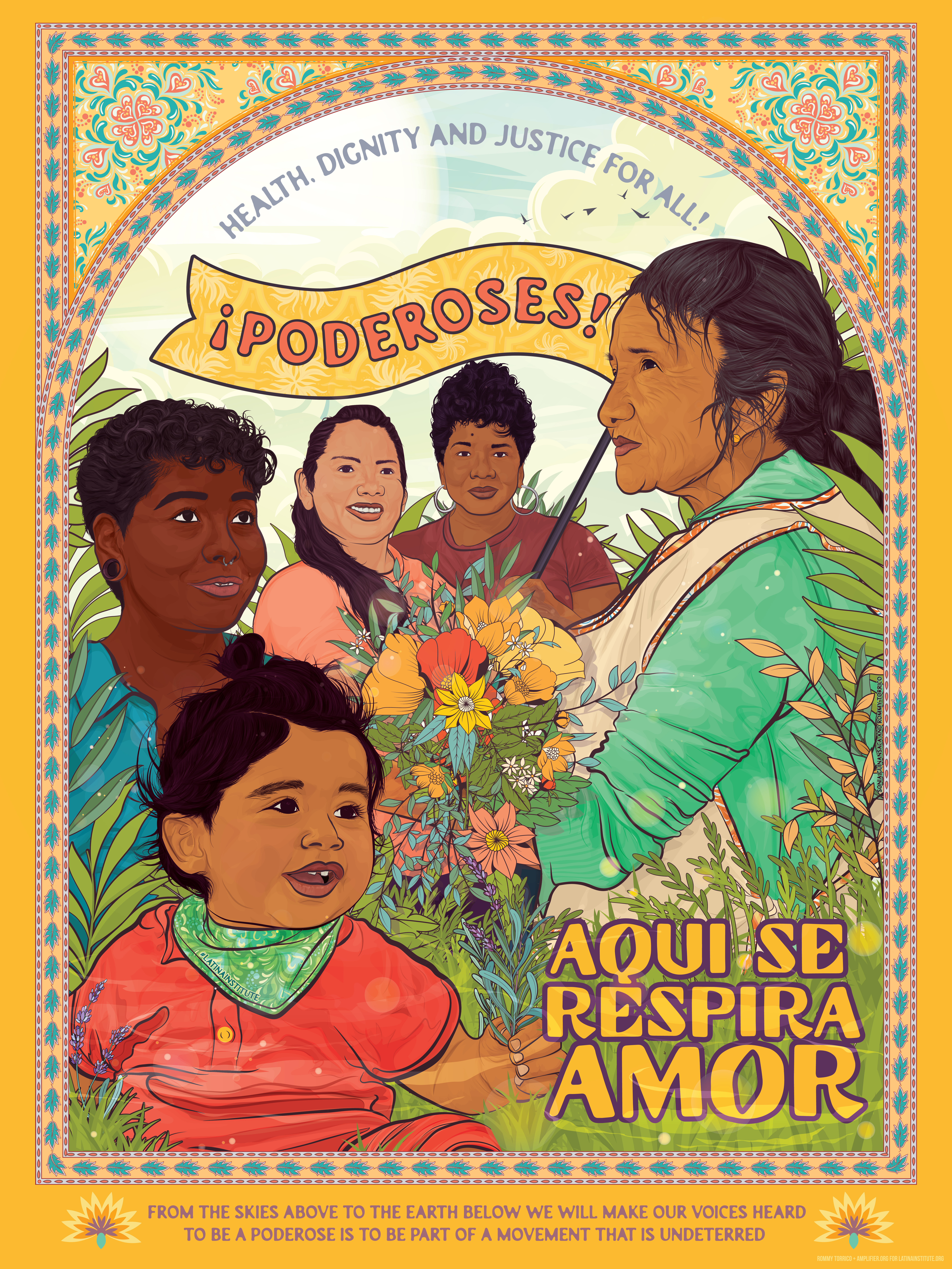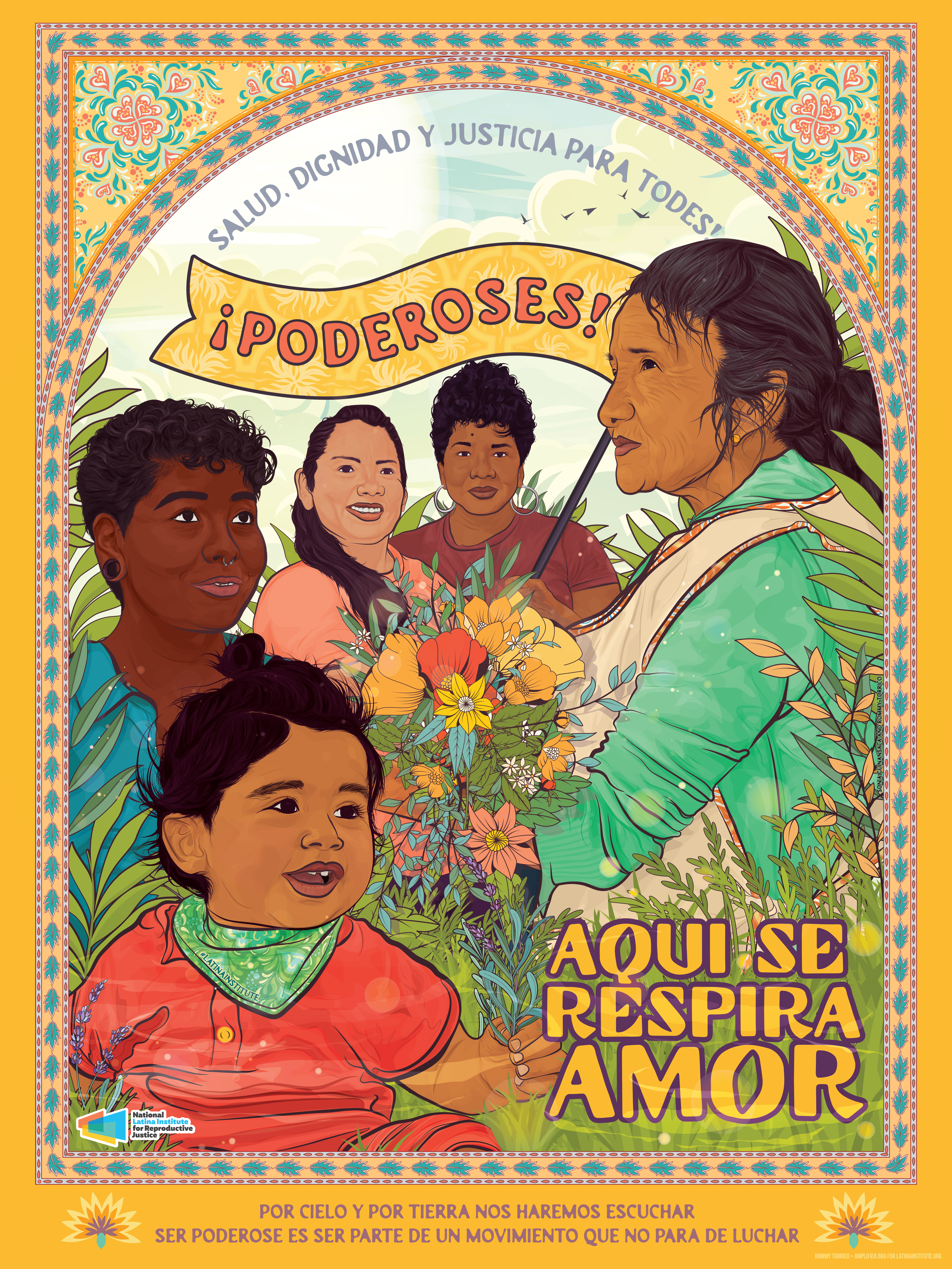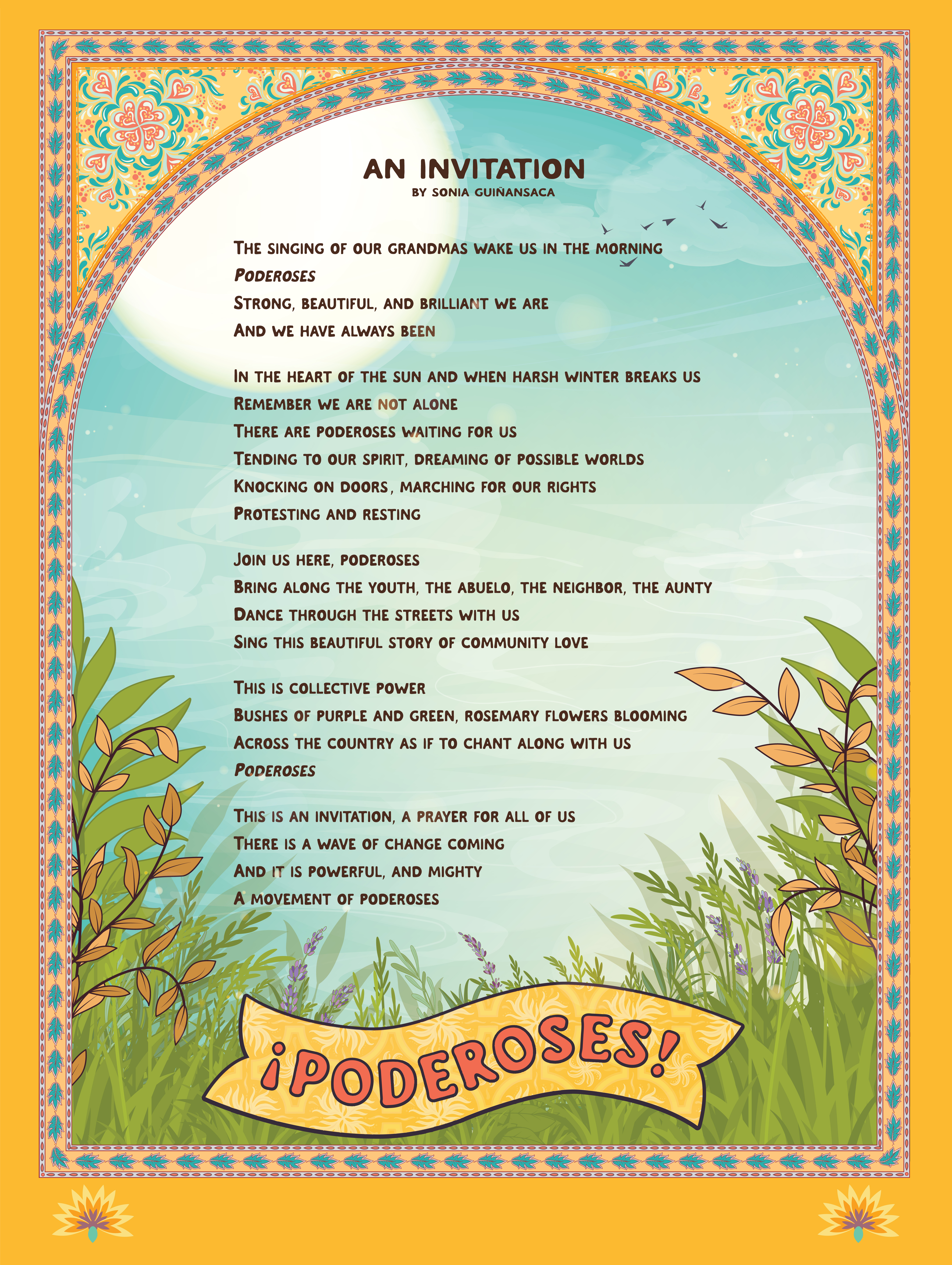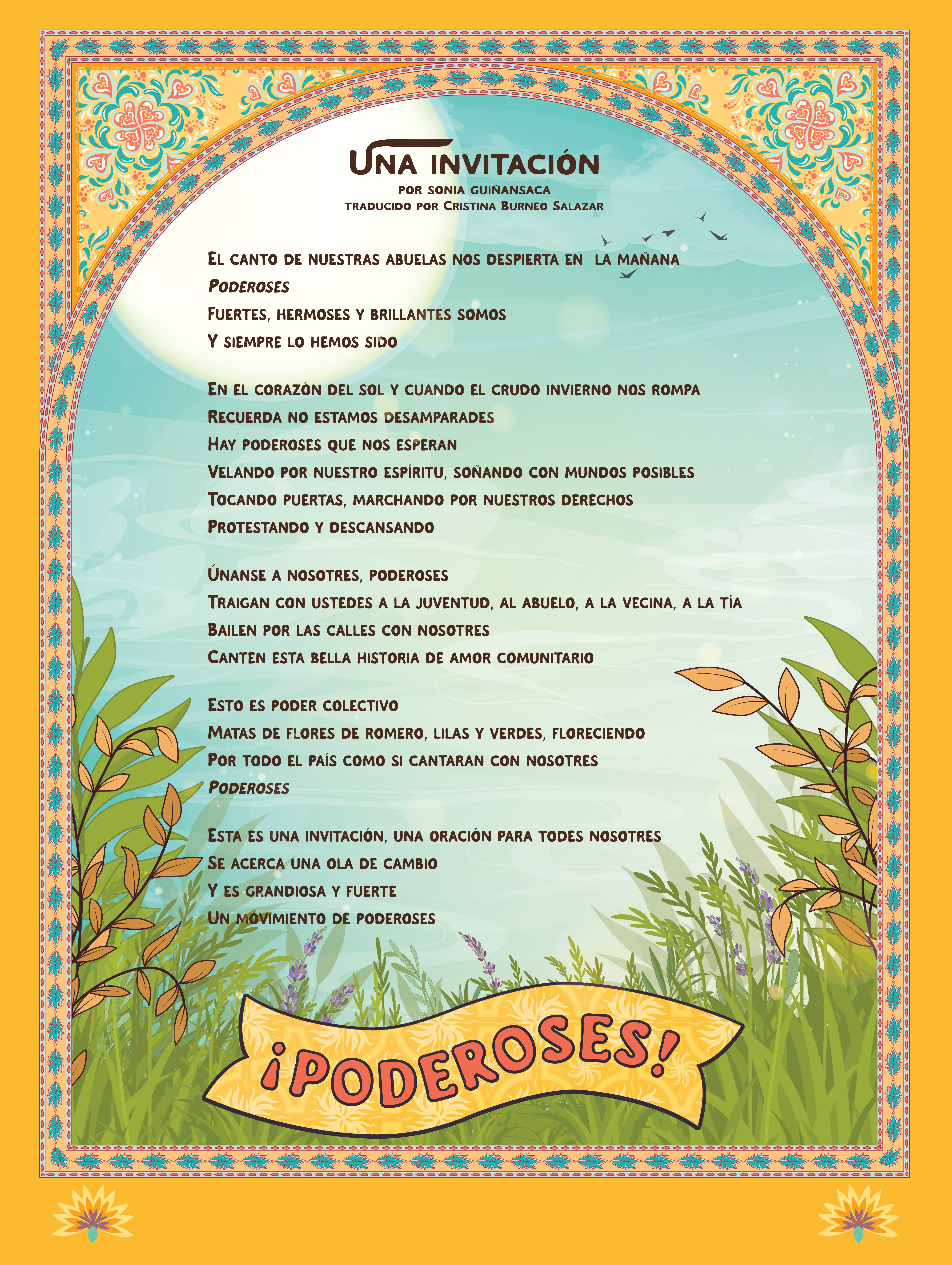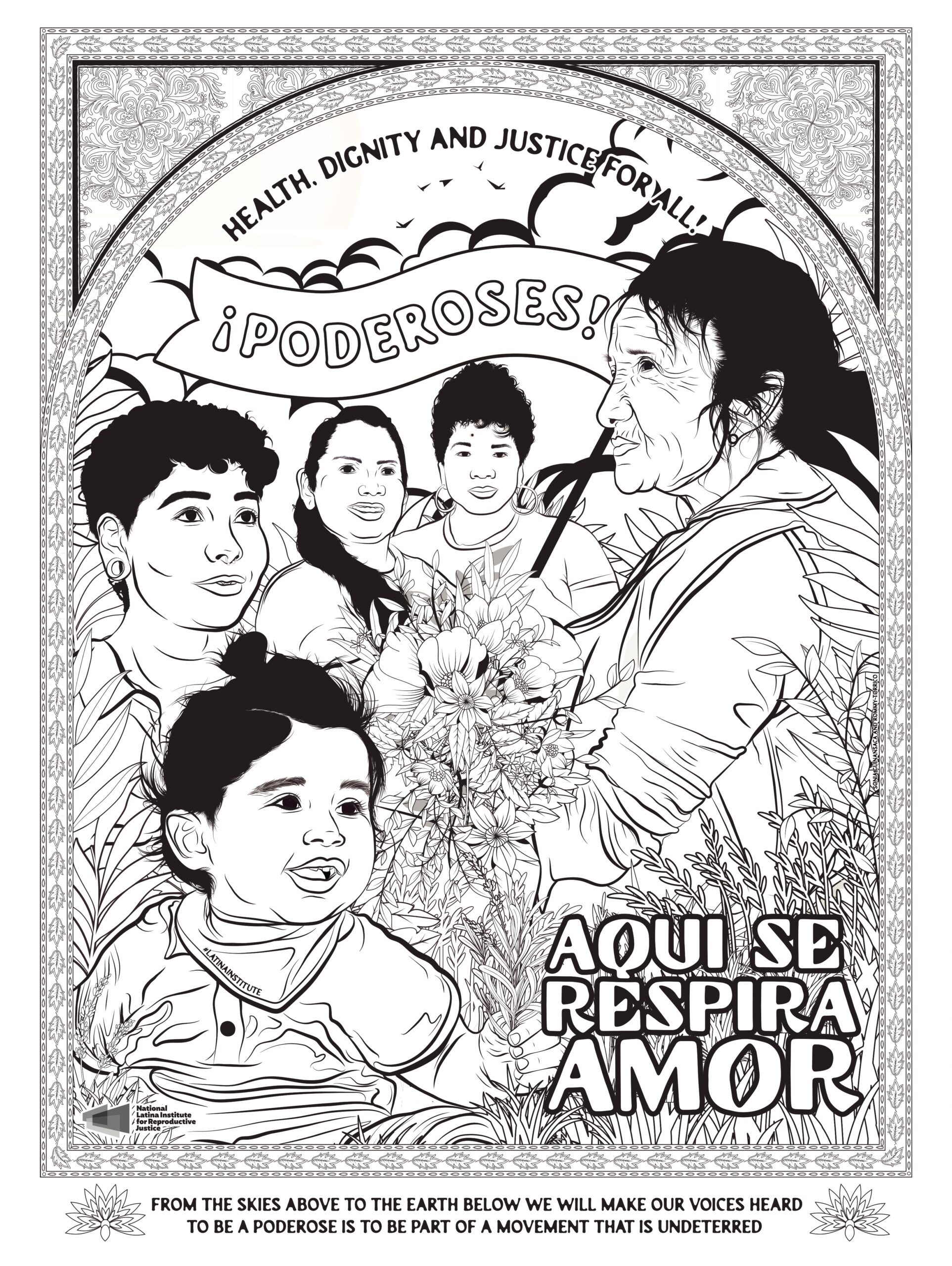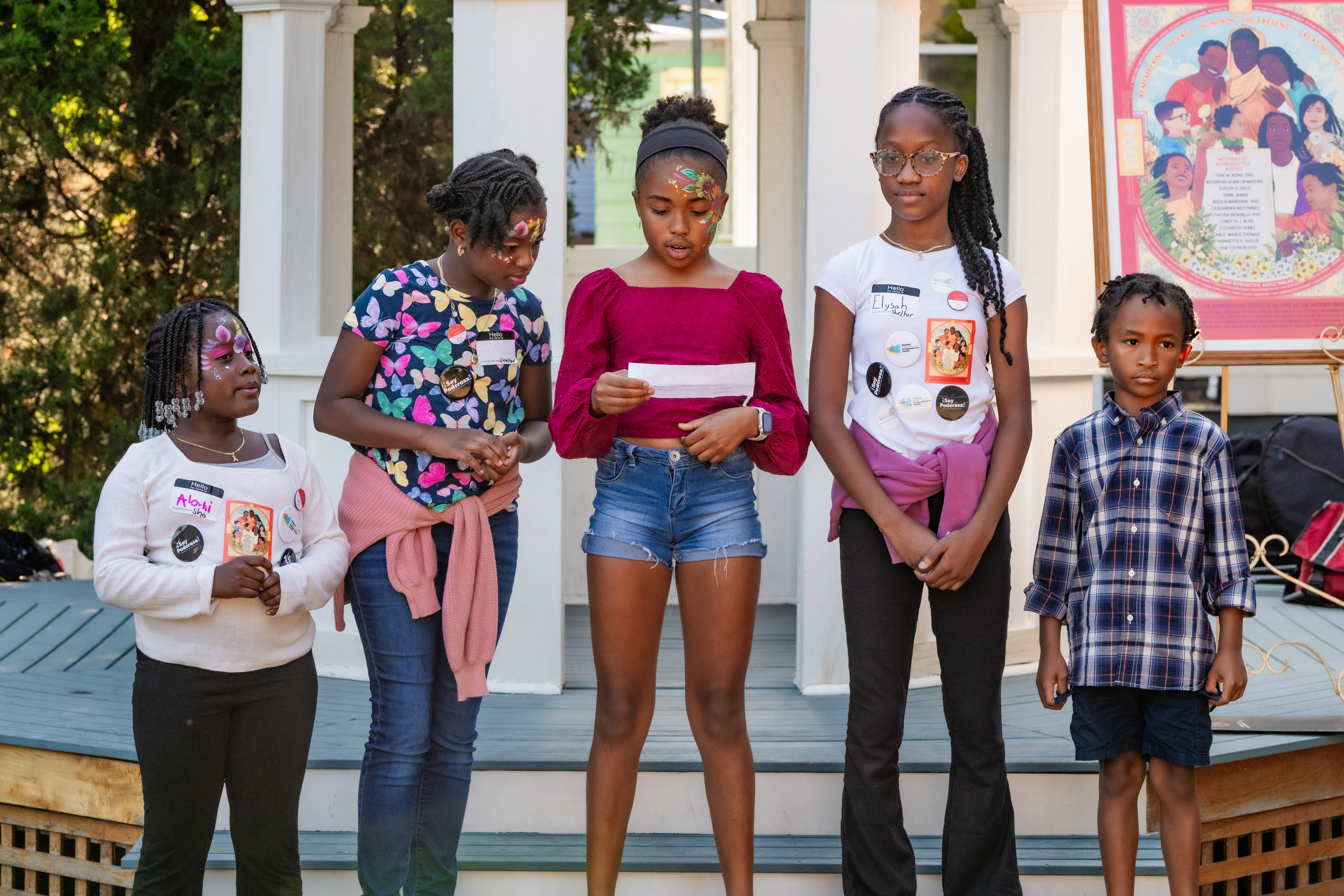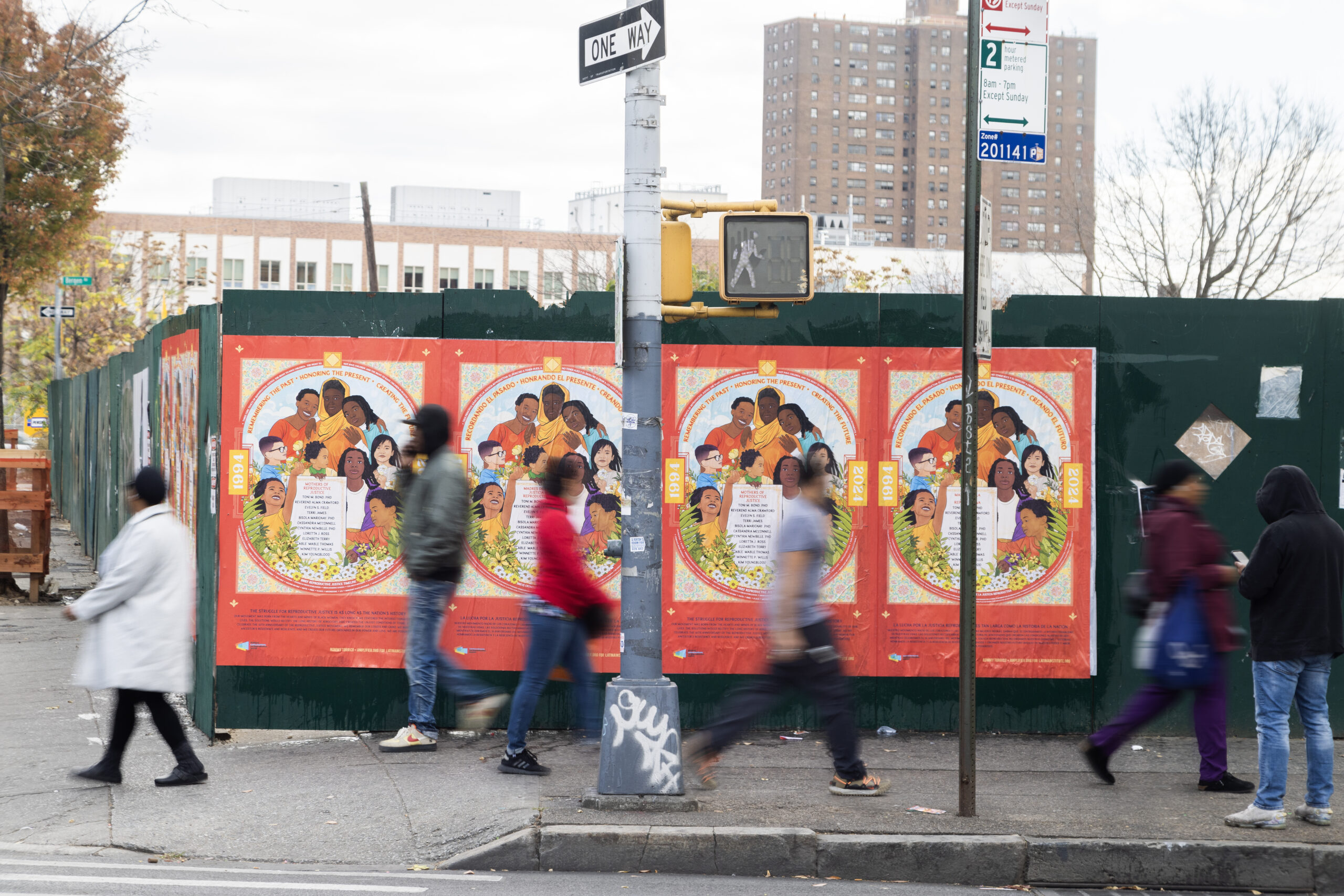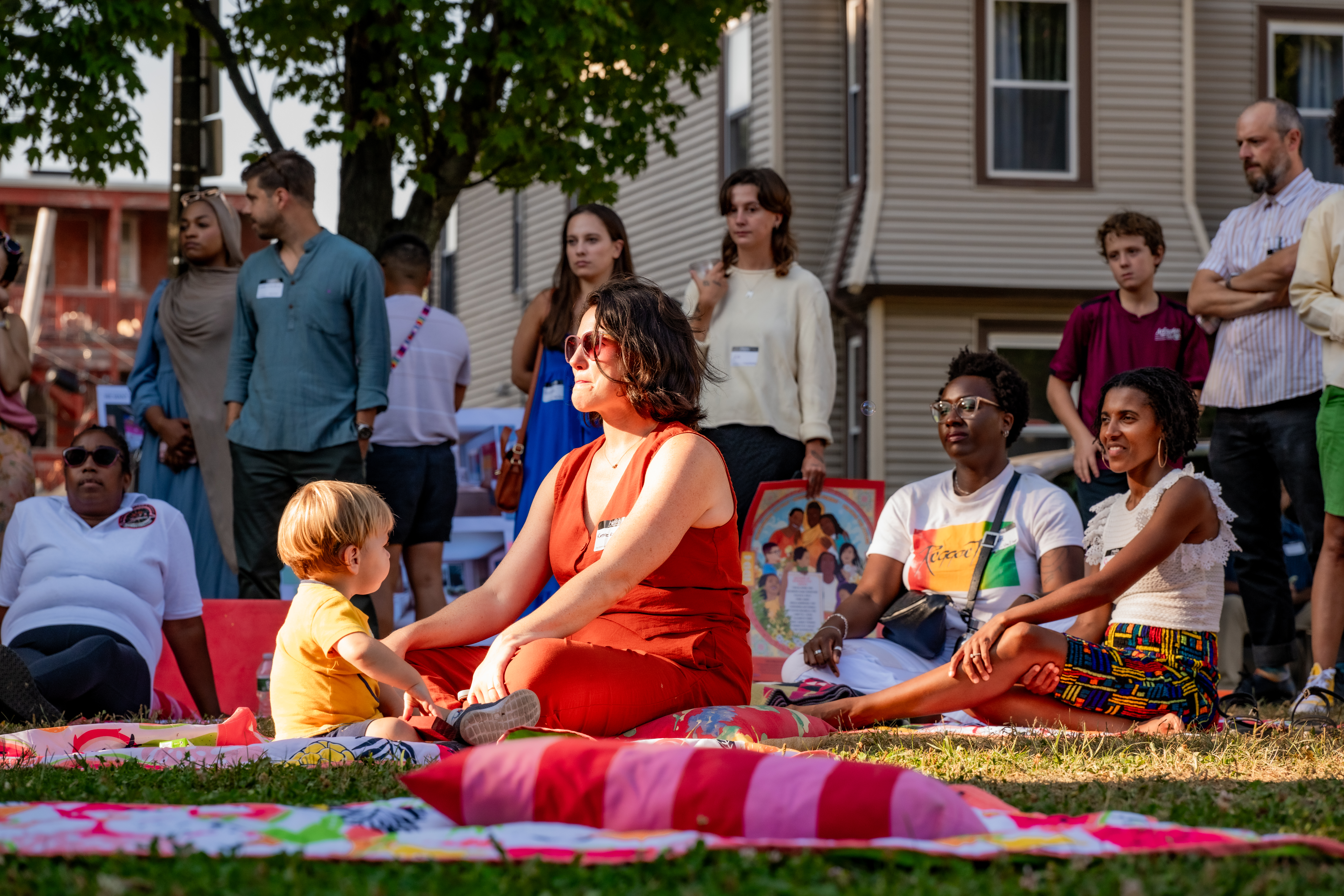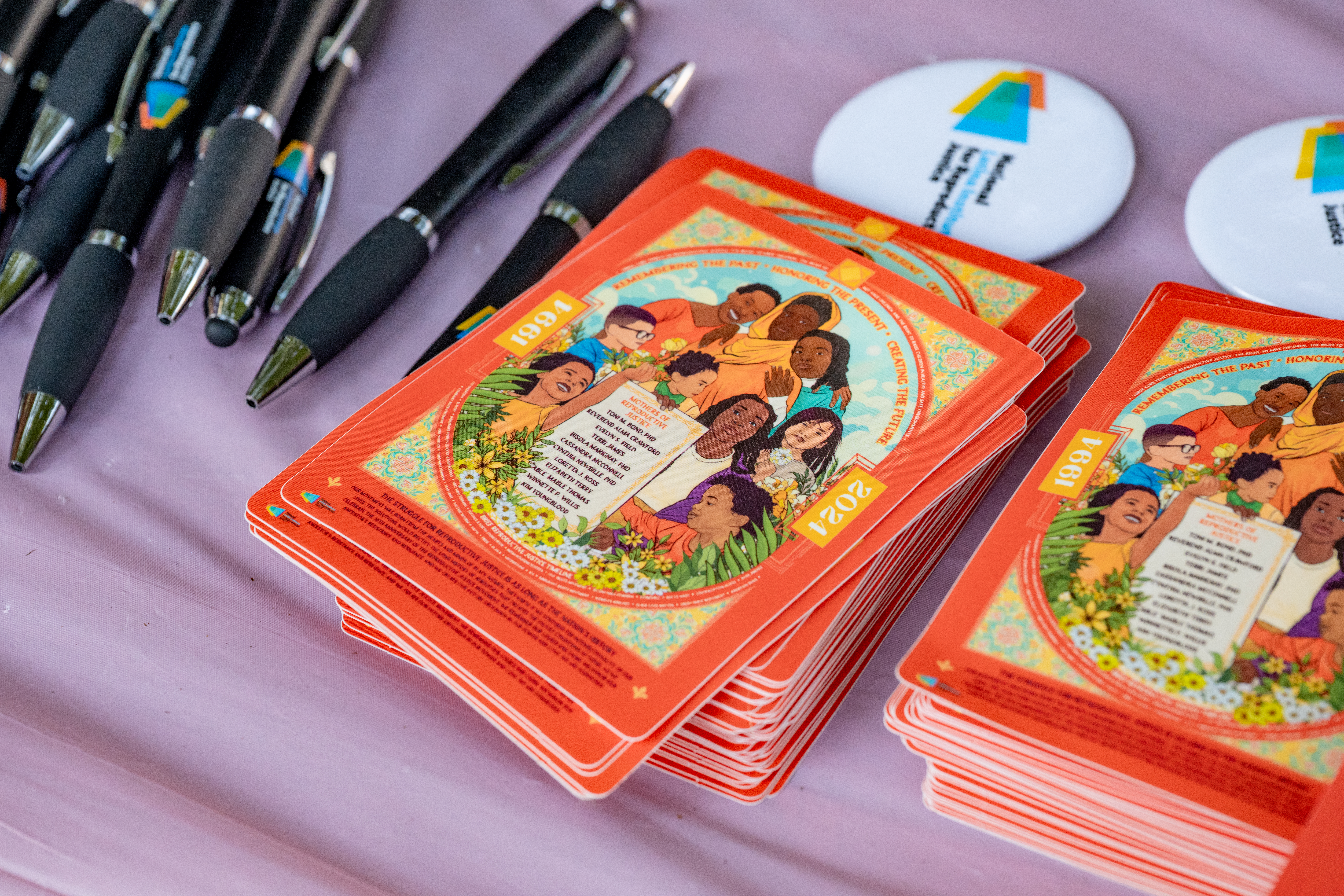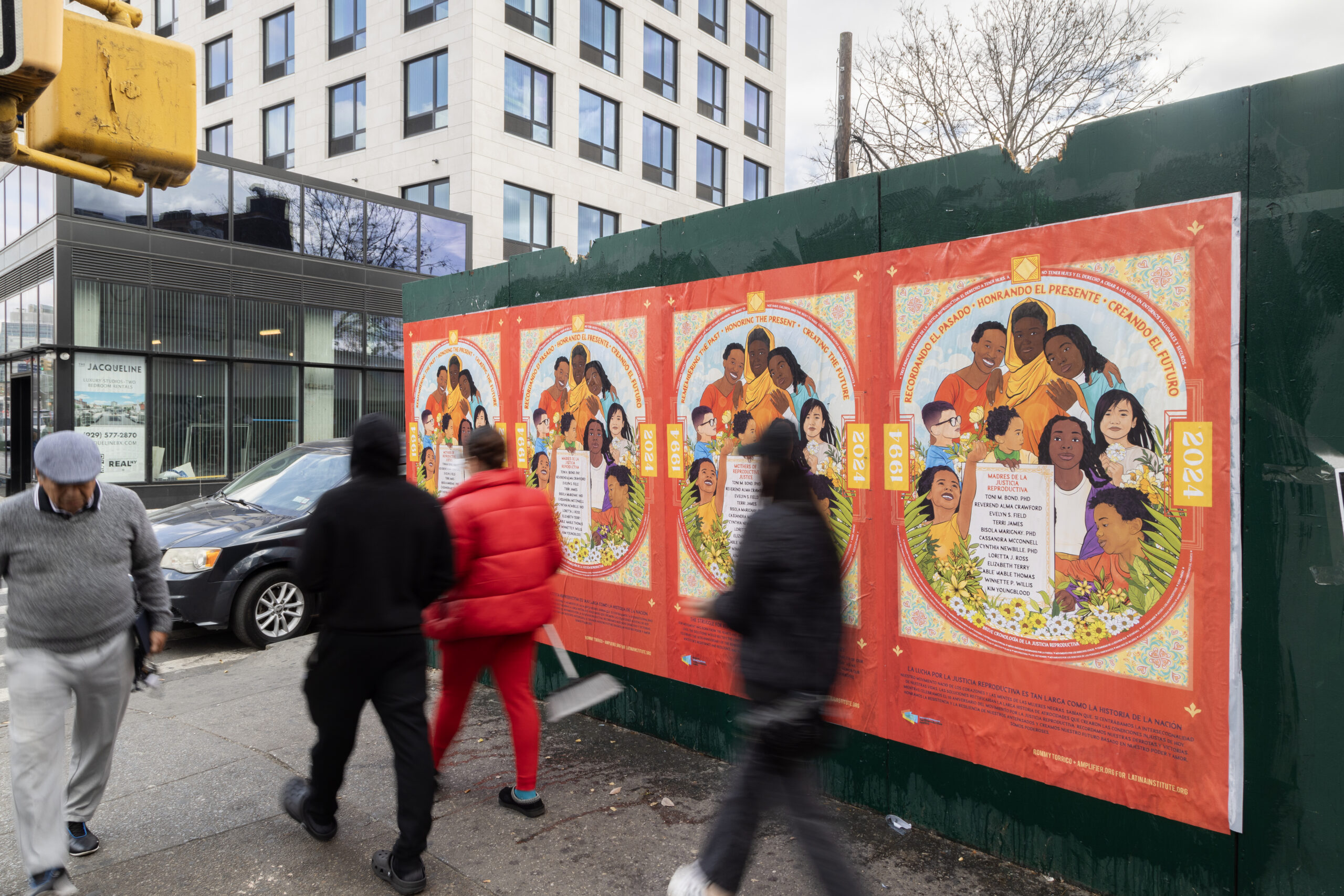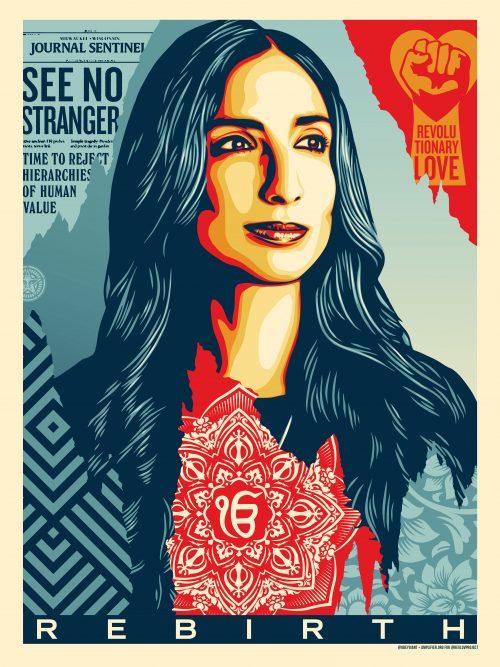AQUI SE RESPIRA AMOR
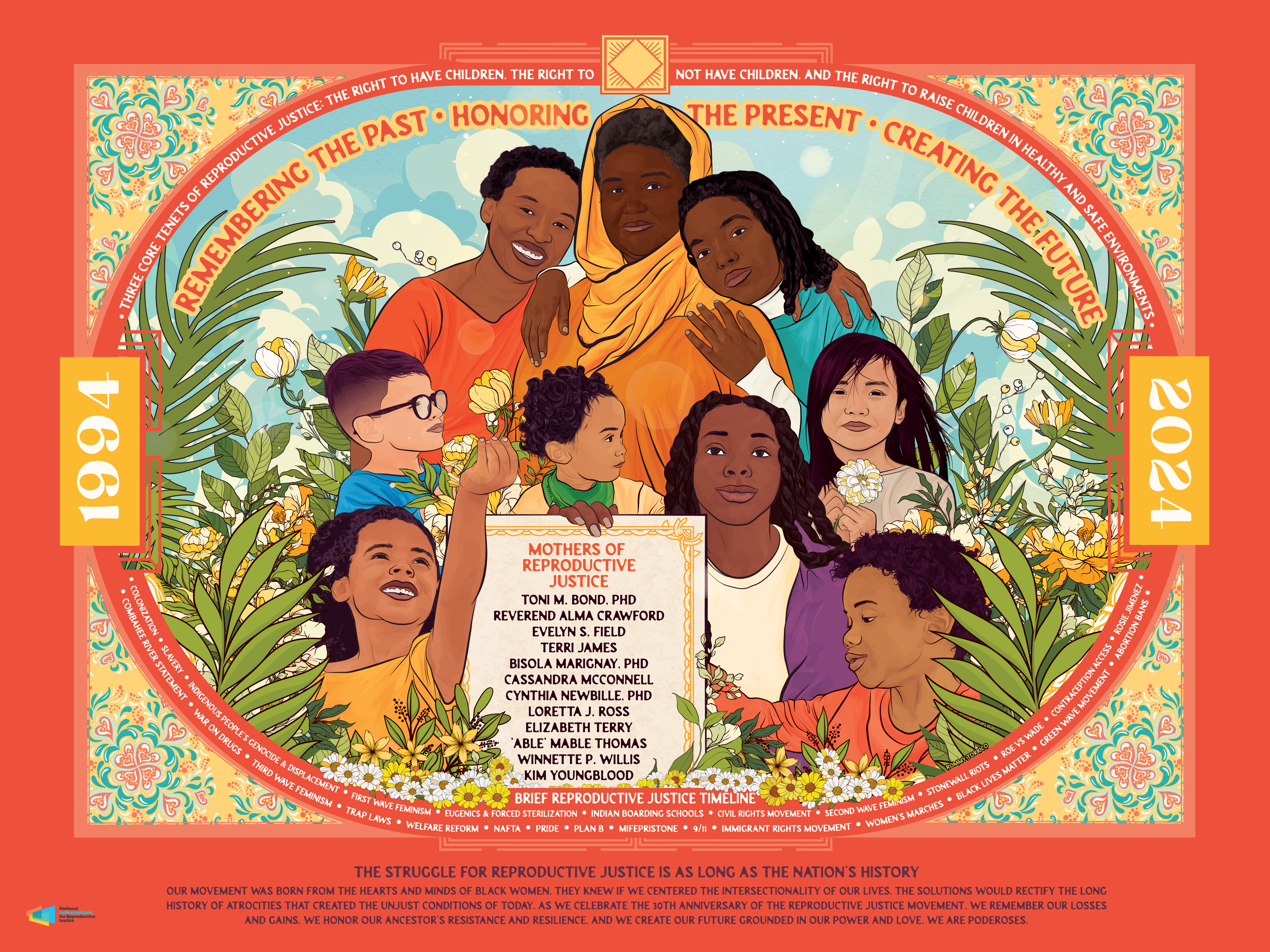
In the summer of 1994, twelve Black women, recognizing the limitations of Clinton-era health care reforms, came together to confront the ongoing disparities in access to health care for women of color. They knew that true protection of women’s rights to health care wouldn’t come from politicians alone — it required significant grassroots pressure. Driven by this understanding, they organized, collected 800 signatures from Black women across the country, and authored a groundbreaking publication titled “Black Women on Health Care Reform.” With determination and vision, they raised substantial funds to publish their powerful statement as a full-page ad in The Washington Post. This pivotal moment marked the birth of the Reproductive Justice Movement.
The twelve Mothers of the Reproductive Justice movement recognized that they were part of a long timeline of resistance against policies and practices aimed at controlling women’s bodies, especially those of racialized communities. Thirty years later, many of the same battles continue. As we approach the 2024 election in the United States, we are reminded that hard won victories, such as Roe v. Wade, are vulnerable to the shifting tides of judicial and legislative power.
Around the same time, The National Latina Institute for Reproductive Justice formed in Washington, DC with the mission to “center and amplify Latine voices so we can transform the systems and narratives that influence our ability to reclaim our bodies and our lives.” Thus began the journey to recruit and empower a network of poderoses – strong, empowered Latine advocates – to shift policy by changing the hearts and minds of a traditionally Catholic and conservative community. By educating this constituency, we bring the power of Latine voices to the polls – challenging norms and driving meaningful change.
In 2024, Amplifier partnered with the National Latina Institute for Reproductive Justice to celebrate 30 years of the transformative Reproductive Justice movement. During a divisive presidential election cycle, the campaign uplifted the dignity and healthcare access of women and birthing people across the United States, bridging the movement’s rich history with contemporary advocacy tools. Working with artist Rommy Torrico, we created bilingual artworks that highlighted key moments in the movement’s history. These visuals reached over 3.5 million people through public art installations, newsletters, social media, billboards, wild postings, and free artwork giveaways. Amplifier also supported the Institute by capturing photographs and video interviews, building a library of assets to amplify their message for years to come.
